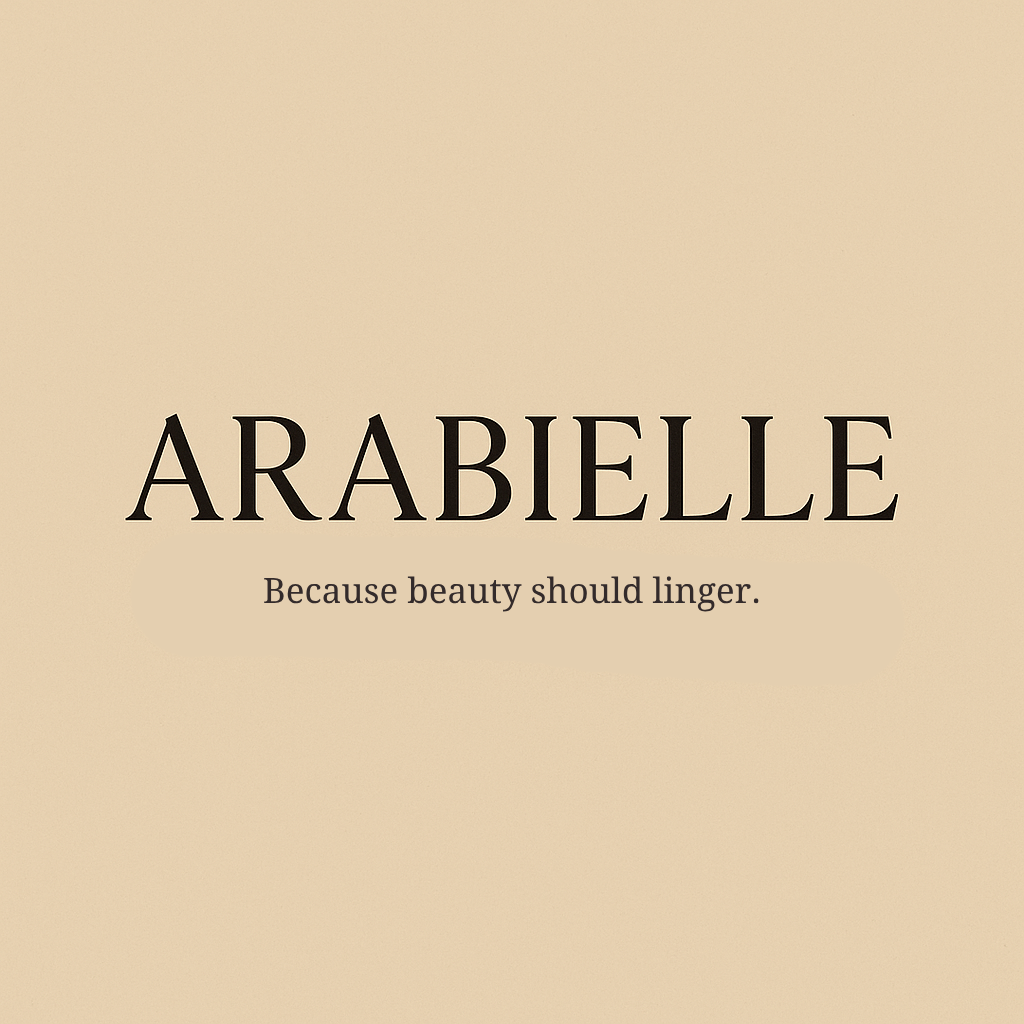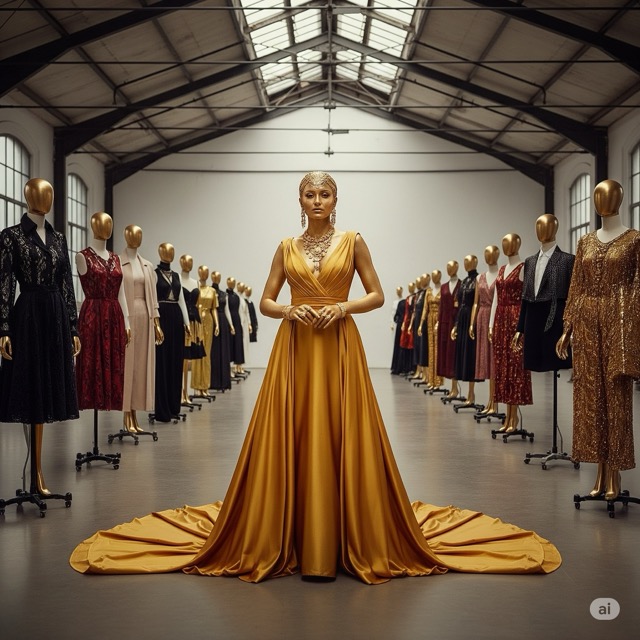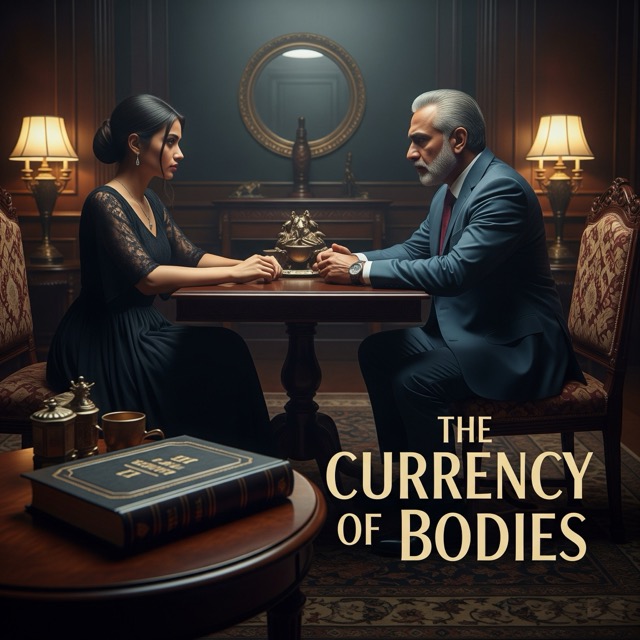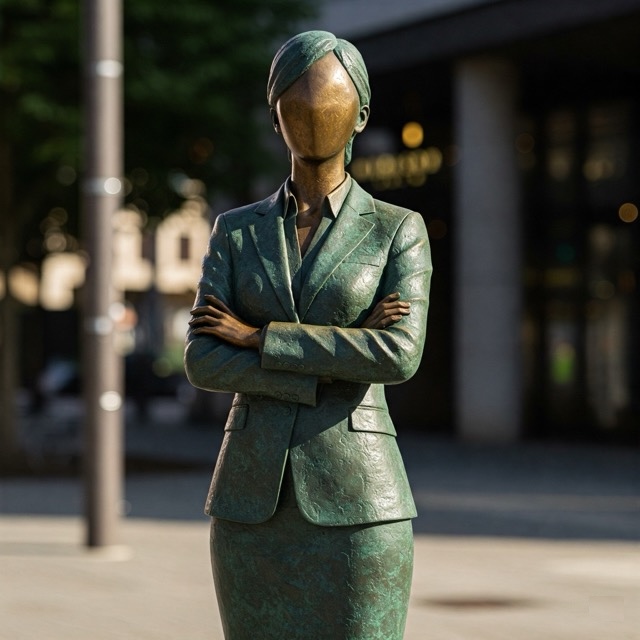The Soft Rebellion Ep5: Value Extraction – Unveiling Its Liberating Alchemy
When the phantom limb of past affections aches, yet your hard-won self-worth demands its due, the game changes. Emotional labor is no longer a silent offering, but a calculated risk in the pursuit of strategic power. This is the perilous, intoxicating art of value extraction.
The scent of his penthouse – that familiar blend of cold money and a ghost of something warmer, perhaps the lingering perfume of forgotten hopes – clung to me differently now. It was less a reminder of what I’d lost, and more a testament to what I was becoming. After the raw, unvarnished truth of our “arrangement” had been dragged into the light, the soft, yearning parts of me didn’t die, but they did recede, making space for a sharper, more discerning intelligence. This wasn’t about bitterness; it was the quiet, meticulous accounting of a woman finally understanding her own ledger. The art of value extraction wasn’t just a strategy; it was survival, a way to alchemize past pain into present power.
1. The Unspoken Invoice: The Currency of Scars and Sight
For years, I, like a legion of women before me, had been a purveyor of premium, unpaid emotional and intellectual consultancy. My feminine intuition, honed by years of deciphering unspoken cues and navigating treacherous social landscapes, was a resource freely plundered. The gentle way I could defuse his pre-deal anxieties, the effortless charm I deployed to make stern-faced associates amenable, the unnerving accuracy of my insights into people he could only see as pawns or players – these were not just facets of a pleasing personality. They were painstakingly acquired skills, assets forged in the crucible of observation and the quiet cultivation of self-worth.
He believed the extravagant dinners and the gilded cage were fair payment for my presence. A bargain, I now knew. The true currency wasn’t the thread count of the sheets or the vintage of the wine; it was my carefully calibrated silence, my insightful questions, my ability to be the steadying hand on the rudder of his often-chaotic inner world. This was the bespoke “luxury service” I offered, and the market was about to experience a significant price correction. The first invoice would be an internal one: recognizing the immense, often invisible, emotional labor that had defined my existence.
2. The Audit: Dancing on the Edge of Valuation
The true test of this dangerous alchemy, this newfound strategic power, arrived not cloaked in his familiar brand of possessive affection, but in the sterile environment of a potential business venture. It was a fragile seedling of an idea, born from the compost of my past life and fertilized by every observation I’d meticulously cataloged.
A prospective partner, a man cut from the same expensive cloth as those I’d spent years studying, desired my “unique perspective” on his brand. He spoke eloquently of synergy, of the “irreplaceable feminine insight” I could provide, of how my touch would elevate his project. It was a familiar song, a siren call to offer up my intellectual and emotional labor for the intoxicating illusion of being valued.
The woman I used to be would have blushed, her heart thrumming with a desperate eagerness to please, insights spilling forth like a burst dam. But the air in my lungs now felt different, tasted different. I let a deliberate silence stretch, a technique I’d seen him use to masterful effect, a silence that hummed with unspoken calculations. For a fleeting, terrifying moment, a ghost of my old self whispered, “What if he walks away? What if you overplay your hand?” That old vulnerability, the fear of not being chosen, still had its tendrils in me.
Then, the new voice, calmer, colder: “My perspective, my feminine intuition, is not a sprinkle of magic, it’s a core asset, the product of my experience,” I stated, my voice a silken blade, devoid of the tremor it might once have held. “If you’re serious about acquiring it, we should discuss my consultation fees or a clearly defined equity partnership. This isn’t just about a ‘touch’; it’s about tangible value extraction.”
His perfectly composed face flickered. It was the subtle, almost imperceptible disturbance I’d witnessed countless times when the invisible rules were suddenly made visible, when the presumed became the negotiated. He had expected gratitude, perhaps even a coy deference for the “opportunity.” Instead, I’d handed him a metaphorical rate card for access to my mind, my hard-won self-worth now dictating terms. The extraction wasn’t merely financial; it was an extraction of respect, an insistence on the material recognition of my intellectual and emotional labor. Yet, as he regrouped, a new, more dangerous game began in his eyes – the game of assessing a worthy opponent, or perhaps, a more valuable acquisition.
The loneliness of this path sometimes felt like a cold companion, a reminder that strategic power often walks a solitary road.
3. Principles of Dangerous Alchemy: Turning Tears into Tactical Triumphs
My involuntary apprenticeship in the art of being used had, paradoxically, gifted me a PhD in understanding human needs, especially the complex, often contradictory, desires of the powerful. They project an aura of unshakeable control, yet beneath it often lies a chasm of insecurity, a hunger for genuine validation, and a surprising blindness to the emotional currents that truly drive the world. The dangerous alchemy of value extraction is rooted in expertly identifying these hidden levers.
- Principle 1: Strategic Empathy – The Echo in an Empty Room. This isn’t the soft, yielding empathy women are conditioned to offer freely. It’s a forensic tool. It’s about dissecting their surface pronouncements to uncover the raw, unarticulated emotional or intellectual deficit beneath. Is it a profound fear of irrelevance? A desperate need for an authentic mirror in a world of sycophants? My years of invisibility had transformed my feminine intuition into a sonar capable of detecting these subtle frequencies. This insight is the first key to value extraction.
- Principle 2: The Reciprocity Ledger – Weighing Ghosts and Gold. I banished the notion of vague, imbalanced exchanges of goodwill from my professional, and increasingly, personal life. Every demand on my time, my intellect, my network, or my finite reserves of emotional labor was mentally logged. What was the commensurate value I expected, no, required, in return? This clarity isn’t mercenary; it’s the foundation of self-worth. It compels others to consciously quantify what they are asking for, transforming them from passive takers to active negotiators. Sometimes the weight of past unpaid debts felt heavy on this ledger, a ghostly reminder of what this new vigilance cost.
- Principle 3: The Invaluability Quotient – The One Secret They Can’t Steal. He could, and did, find other diversions. Investors had countless pitches to hear. But the unique distillation of my journey – the sophisticated polish of his world fused with the street-smart resilience of a woman who had reverse-engineered her own liberation – this was becoming my unassailable brand. I didn’t just offer opinions; I delivered strategic foresight, an almost preternatural understanding of the human element, assets honed in the very gilded cages they now sought to invite me into. This unique offering, this core of my self-worth, was the foundation of my strategic power and the ultimate leverage for value extraction.
4. Emotional Labor as Exquisite Leverage: The Price of My Peace
The “understanding,” the “availability,” the “uncomplicated” nature he so valued – this carefully managed emotional labor – was no longer a freely given balm but a premium, high-stakes service. The price was my peace of mind, my energy, the constant, low-humming vigilance required to maintain that facade while my inner world was a complex tapestry of analysis and strategy.
When he sought my ear, my feminine intuition on a delicate business negotiation or a rival’s potential weakness, the unspoken contract was clear: he wasn’t just borrowing my time; he was leasing a highly specialized instrument of perception, an instrument his world had unknowingly helped me to forge and perfect. My insights were no longer a comforting perk of our “arrangement”; they were a strategic investment he was now compelled to make, a testament to the undeniable value extraction I represented. There were nights, however, when the performance felt heavy, the mask constricting, and a whisper of longing for a simpler, less guarded connection would surface – a vulnerable admission even to myself.
5. The Lingering Ghost: The True Cost of Extraction
This dangerous alchemy, this relentless pursuit of value extraction and strategic power, is not without its shadows. The path to reclaiming one’s self-worth by mastering the rules of their game carries a subtle, insidious cost. Sometimes, in the quiet hours, when the city lights blurred outside the panoramic windows, a ghost of the woman I once was would visit – the one who yearned for uncomplicated affection, for a love that wasn’t a transaction. Was I becoming too much like them? Too guarded, too transactional, my feminine intuition now a weapon rather than a bridge?
The constant vigilance required to navigate these power dynamics, to perform this high-wire act of emotional labor while protecting my core, was exhausting. This was the vulnerability I rarely showed: the quiet fear that in mastering the art of extraction, I might inadvertently extract vital parts of my own soul. The strength was undeniable, the strategic power intoxicating, but the faint, persistent ache of a carefully guarded heart was the price of this perilous liberation.
6. The Whisper of What’s Next: The Unseen Throne
The game continues, the stakes ever higher. The art of value extraction has laid the foundation, but true sovereignty lies in rewriting the entire narrative, not just my role within it. The “soft rebellion” was never just about demanding my due; it was, and is, about meticulously, almost invisibly, reshaping the very structures of power I once railed against. My education is far from over.
To be continued in “The Soft Rebellion Ep6: The Quiet Coup: Reclaiming Your Narrative” – where the intricate dance of influence becomes a masterpiece of silent takeover, where your story becomes your scepter, and you discover that the most profound power isn’t just being seen, but orchestrating what everyone else believes they see.
See also:
- “The Soft Rebellion Ep4: The Currency of Bodies Exposed” – where the pivotal shift from being a resource to a negotiator began.
- “For Both Love and Money: Viviana Zelizer’s the Purchase of Intimacy” – for further exploration of the hidden power dynamics in relationships that appear romantic.






